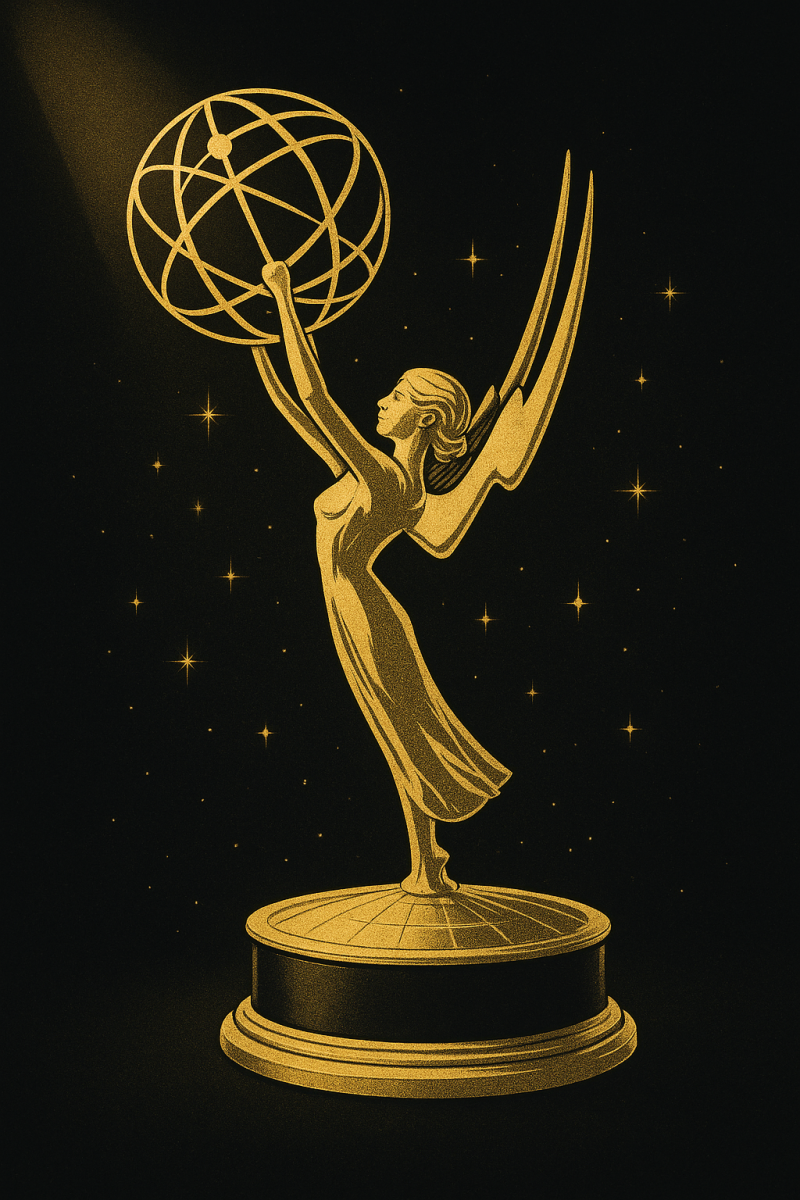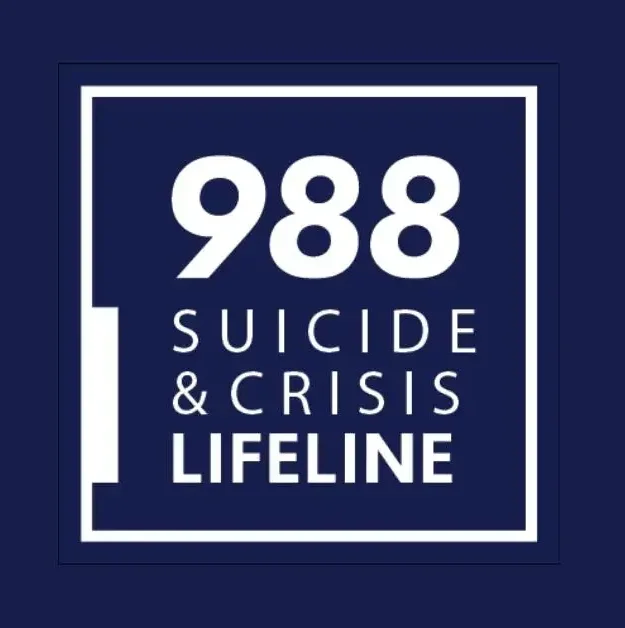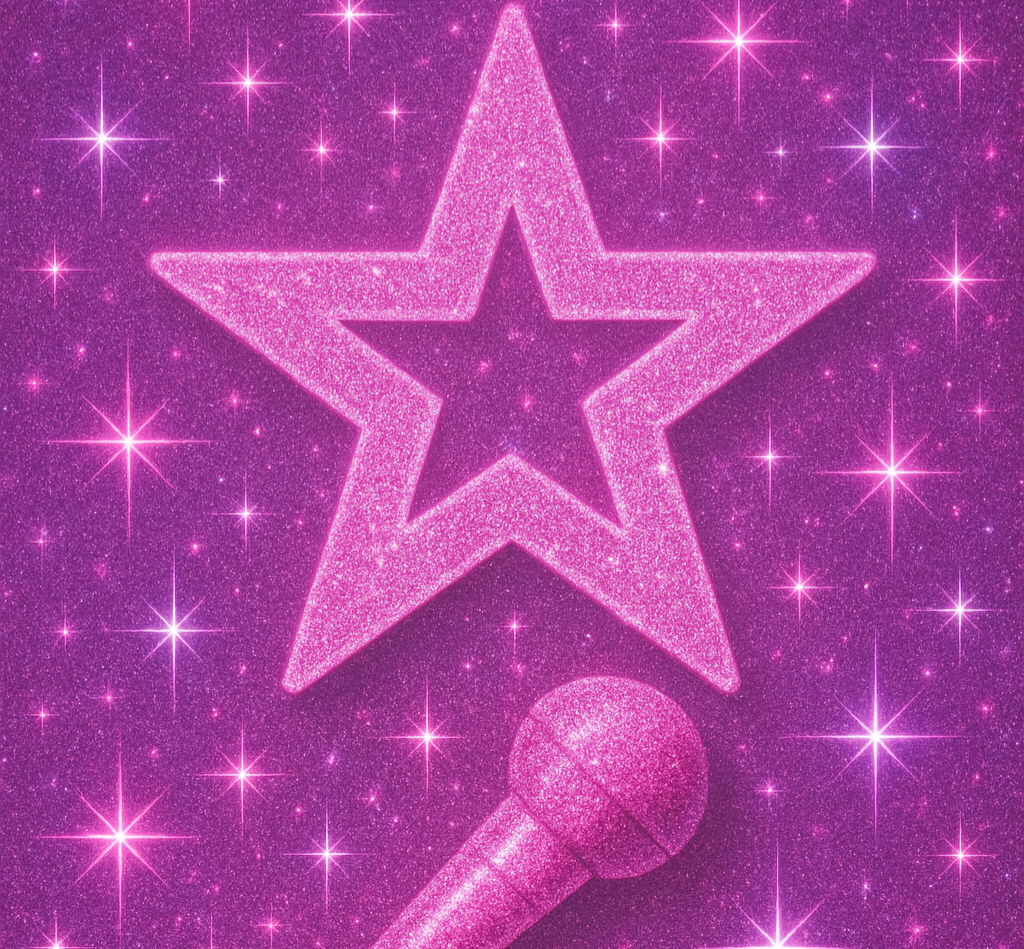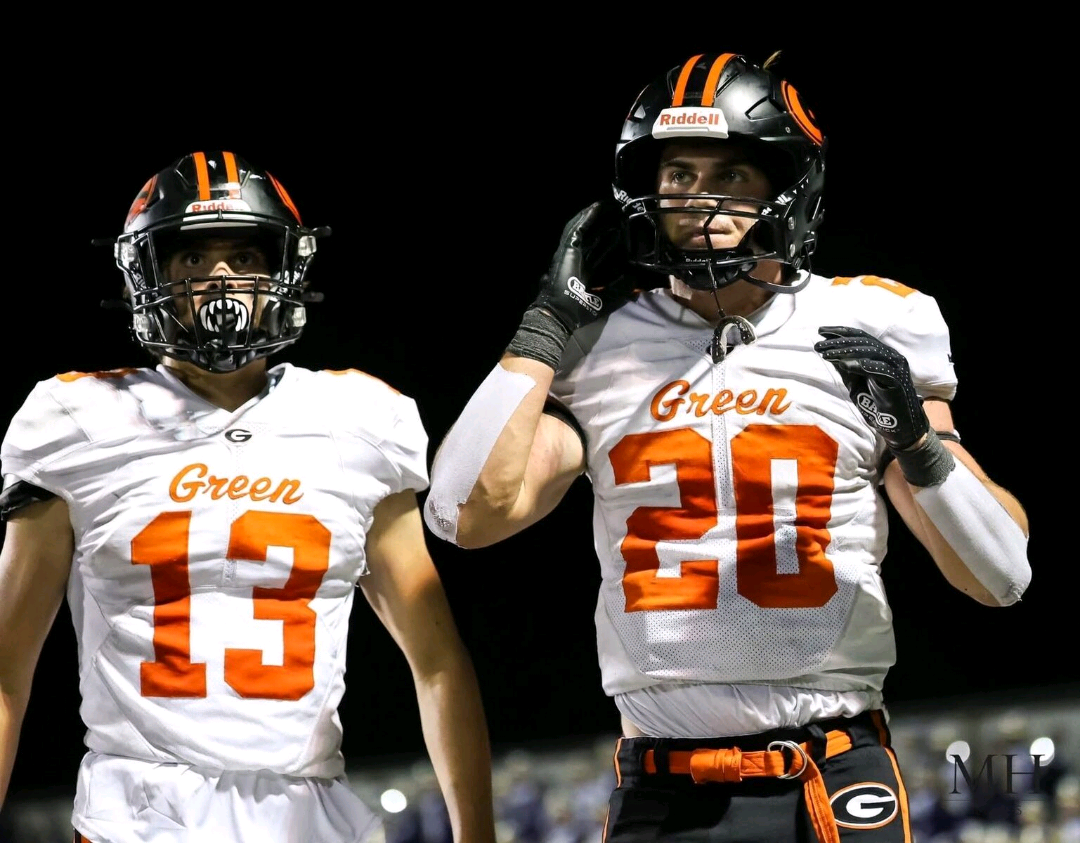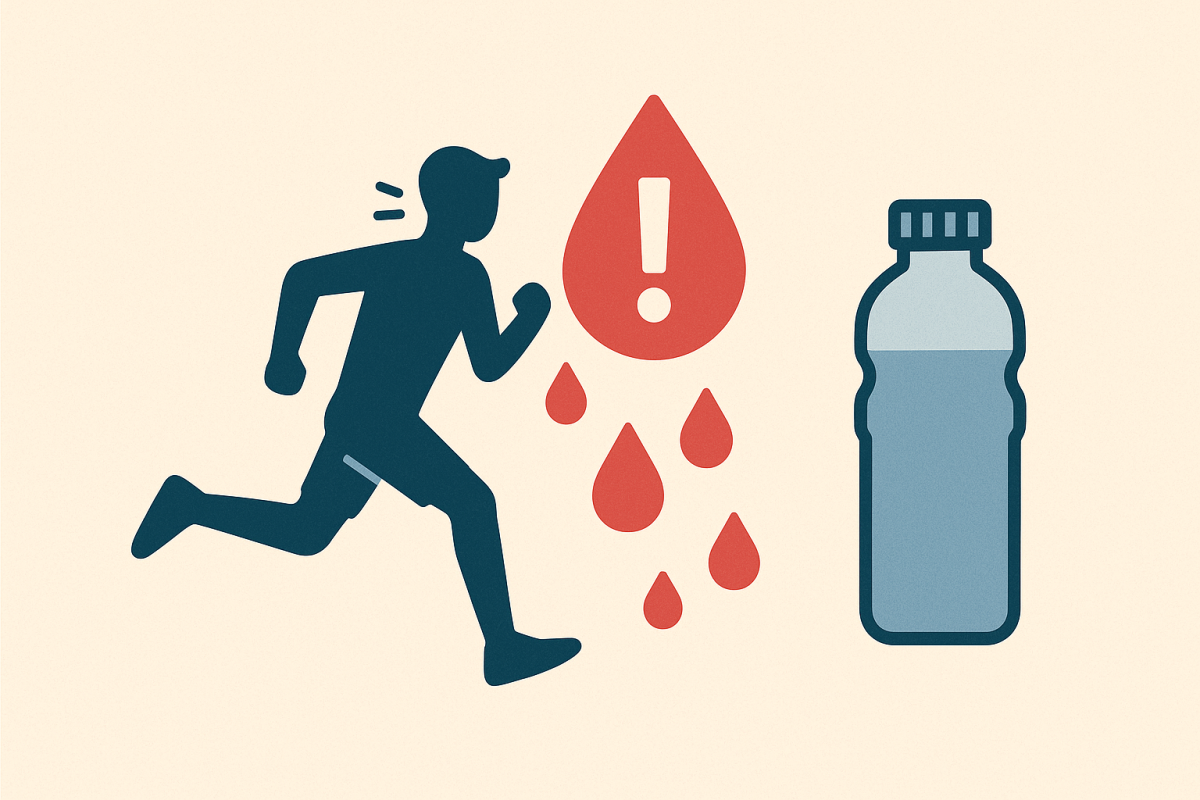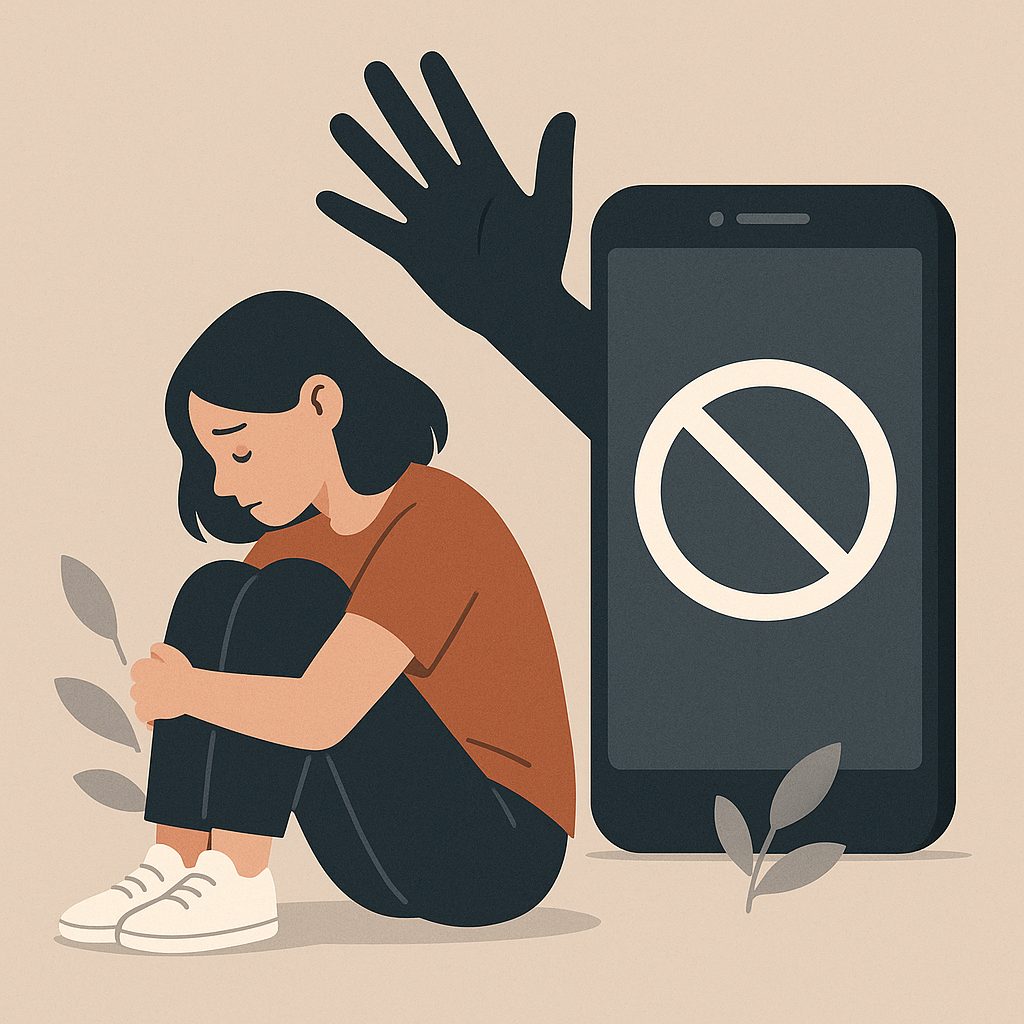While most schools and organizations often encourage students and children to read and study a good book, censorship and removal of assigned literature has become increasingly prevalent. The process of banning books often includes: restriction of certain novels and stories to different organizations, removal from publicly accessible locations, as well as making authorship or distribution a punishable offense.
Historically, when school districts remove a title from the curriculum the justification for doing so relates to concerns regarding a title’s content. Books with profanity, glorification of violence, witchcraft, LGBTQ+ themes are often challenged, and the process for examining appropriateness can at times be seen as discriminatory.
“I think that the very idea of book banning is censorship. Certainly as adults, parents, and educators, we want students to read, and we certainly want students to read age-appropriate material,” District Librarian Wrenn Nicodemo said. “Many people want to ban books they haven’t read based on stigmas.”
Students’ first amendment rights are protected in school, and while the first amendment does not protect content that might be explicit or obscene, books have the right to pass a certain test relating to the book’s content as a whole.
“Certainly as educators and as a certified librarian, I respect a parent’s concern for a child. People have their own agenda based on their own morals and background, everyone is justified to make these decisions for their own child,” Nicodemo said. The problem is when those parents try to make those choices for everyone.” Nicodemo said.
School boards also have the right to ban books in the confinements of their property. Recently, there were over 90 different attempts to restrict access to 73 different titles within the last year. Hudson City schools is known to have banned four different titles ranging from LGBTQ+ memoirs to Japanese Manga in this past year. Many schools ban certain books due to inappropriate content suitable for children and students.
“The classroom should be a safe place to discuss difficult topics which can be taken from literature, that’s why it’s so important to keep encouraging students to read, think and become more educated on these topics,” Language arts teacher Annie Knight said.
While capitalizing on controversy may seem increasingly common recently, in 2021 state legislations across America decided that educational gag order- that acts as a restriction of teaching controversial topics- does not just apply to themes of race and slavery, but also the restriction of certain LGBTQ+ issues and identities.
Most books in Green High School’s curriculum are banned including: Lord of the Flies, Catcher in the Rye, Of Mice and Men, etc. As we practice these banned stories many educators think it’s important to encourage students’ curiosity rather than deplete it.
“I think it’s dangerous to stop the information and flow of ideas. Nicodemo said. “I have not been asked to remove any books off the shelves, we have all kinds of books in Green schools. I try not to call attention to certain things, but I feel it is my job to provide kids with all kinds of material.”
Language Arts must face an ever-changing social climate in regards to curriculum and instruction while focusing on the educational needs of their students.
“Reading the thoughts, ideas, and stories of others allows a reader to examine the world around them, question it, and come to their own conclusions about important matters based on their own thinking and values.” Language arts teacher Patricia Barardi said. “Trying to ban someone from the opportunity to be exposed to an idea is a sign of fear and the inability to support one’s own views confidently.”
Though the act of prohibiting stories is on the rise, teachers are continuing their efforts to teach and educate their students on material that wouldn’t be discussed otherwise.
Categories:
Banned Books
Lack of Literature Through Schools
Story continues below advertisement
0
Donate to Paw Print
$125
$1000
Contributed
Our Goal
Your donation will support the student journalists of Green High School. Your contribution will allow us to purchase licensing, equipment, software, and cover our annual website hosting costs.
More to Discover
About the Contributor

Victoria Schlue, Website Editor

